25 - 29 July 2022
New leadership models could build a better future in space
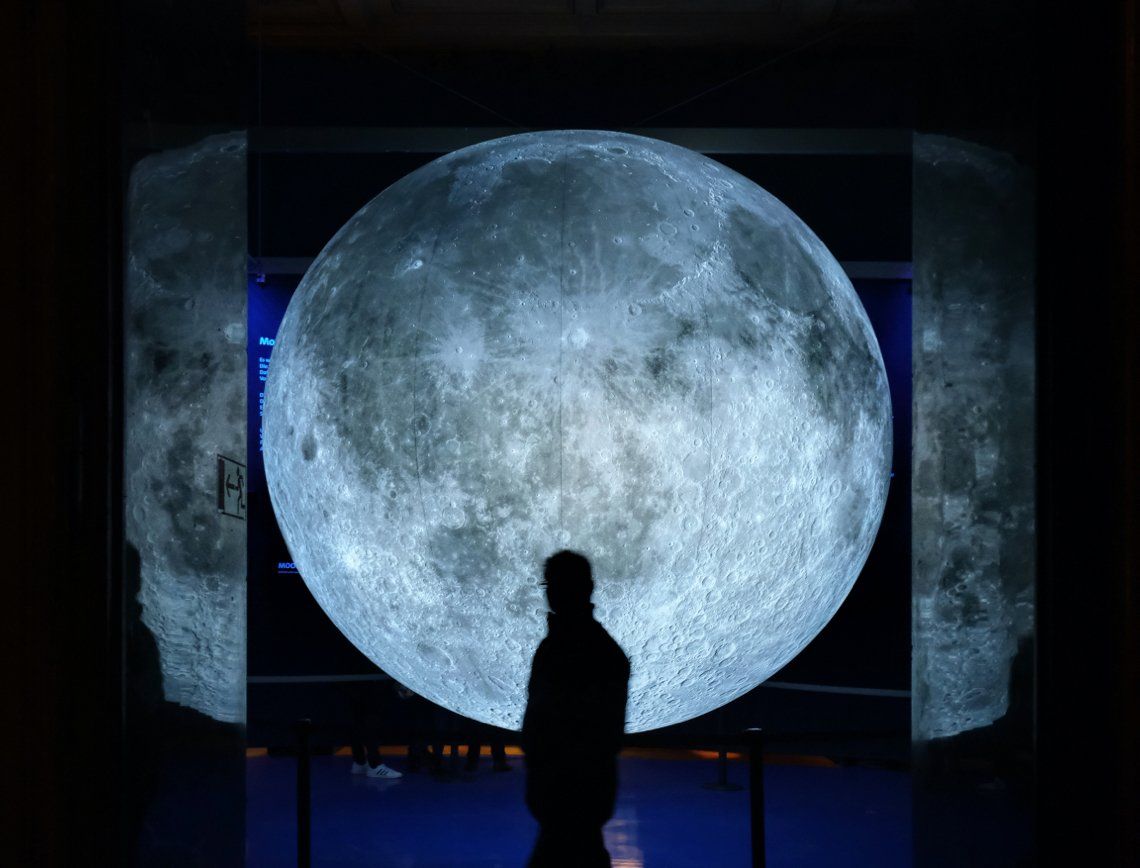
New management models may be needed in new space (image: Pexels)
As the world enters a new phase of vast possibilities in space, is it reasonable to assume that current models of governance are sufficient to build a peaceful future in space, especially considering the current state of domestic and international relations? Or is a new way of thinking required, a renewed sense of leadership that can provide fresh ideas about how nations can peacefully coexist in space?
Is conflict in space conflict inevitable?
As it stands, international conflict is still contaminating events in space, and the past weeks we have seen China and the US throwing accusation back and forth regrading their intentions.
An article from the Chinese state-owned media outlet Global Times has reiterated their argument that the US are militarising space, and outlined the fact that it was US company Starlink that recently almost caused a collision in orbit with the Chinese space station. Furthermore, they insist that it is China who are currently creating cooperation with other nations in space, and this is backed up by their invitation for international cooperation on their new Tiangong station.
Tiangong could be a key bargaining chip in their quest to form their space alliance, and this week they came closer to completion, with the launch of their second scientific module. The news came in the same week that NASA safety advisors have warned that there could be a gap in operation between when the ISS retires in 2030, and the opening of new stations being built by Blue Origin, Axiom and others.
Furthermore, Russia have seemingly again threatened to abandon operation on the ISS, although this apparently won’t be in 2024, as earlier reported, and they could instead leave as soon as they have their own replacement operational. We must also consider how relations between Russia and China develop, and whether or not Roscosmos will become a key partner on Tiangong.
Disputes are ongoing between the US and China regarding each other’s intentions on the Moon, with NASA’s Bill Nelson recently claiming that China plan to colonising it. Whilst this was denied by China, science writer Kenna Castleberry argued the point this week that the race for the Moon cannot and won’t be about territorial colonisation. Scientific and logistical reasons make it very difficult to appropriate swathes of territory on the lunar surface, and so the true race will be for areas that contain vital resources to sustain life, and later, for mineral extraction. It’s for these reasons that it may be essential to establish new forms of leadership and cooperation, in a realm that is almost completely new to us, and where the challenges have been untested.
As we’ve discussed previously, the OST provides nations with a solid foundation of international law, but is lacking in certain areas, especially relating to resource extraction. Before we adopt the mistakes of the past, we could perhaps looks for renewed leadership in the space sector, and a new way of thinking in regards to issues such resource extraction.
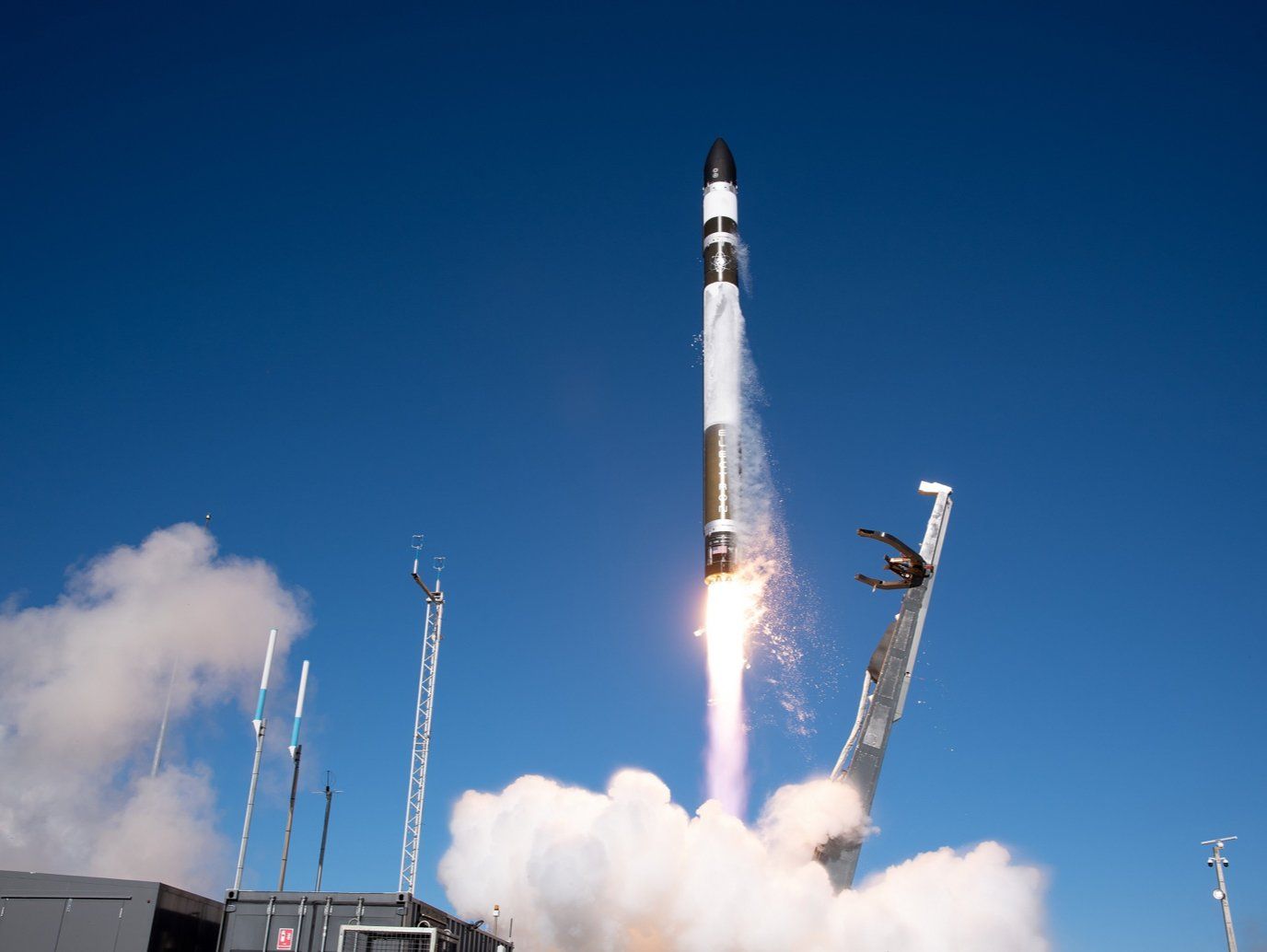
Rocket Lab an example of new leading launch provider (image: Rocket Lab)
Vast opportunities of space leading to exciting growth
Why is the issue of space governance so pressing? As we’ve seen throughout recent years, new space is growing at a rapid pace. The prizes are too high and the resources in space too important, from communications, climate monitoring, medical research and resource mining. In cooperation with bodies such as the UNOOSA, humankind needs to continue with its decades-long quest to retain space for the benefit of all.
Adam Minter writing for the Advisor Perspectives this week noted the importance of competition in the space sector, highlighting the increased number of companies providing launch services, and the drastic reduction in costs to send payloads into space (reduced from $30,000 per kilo in 2011, to $1,200 today on a Falcon-9). Furthermore, according to Forbes, the space sector grew to a new record high last year, valued globally at $469 billion, in terms of global spending.
This all points in the direction of continuing growth, even on the backdrop of a global pandemic, fuel crisis and international tensions. With the commercial sector taking on more responsibility, public agencies can also take on other challenges, such as NASA and their plans to generate nuclear power on the Moon. NASA announced on the 21 July 3 teams that would be working to achieve this, including IX, Westinghouse and Lockheed Martin.
Another growth area, and problem to be solved, is that of mobility on the lunar surface, and this week Hyundai and Kia announced plans to work with the Korean Space Agency to develop mobility solutions for the Moon. Korea, also recently joined the ranks of independent space launch nations, are providing yet more areas of exciting growth opportunities.
Africa is another area of growth in the space sector, with satellite communications provider Avanti announcing plans to increase their presence on the continent, and also Africa Space News highlighting the growth potential in relation to demand for cubesat technology.
Rapid growth and new players in the space sector means that there will be an ever increasing number of stakeholders to consider. New forms of leadership will arise, but what kind can help build new space for all?

New approaches may be needed in relation to lunar resource extraction (image: Pixabay)
Can new leadership build a better future in space?
Whereas space was once led by a few spacefaring nations, new leaders are now emerging. We could look to the new economic superpowers of China or India, emerging space nations such as the UK and Korea, or the increasingly influential private sector and leading companies like SpaceX and Blue Origin, or the growing number of smaller companies and startups. The space sector is becoming more crowded than ever, and this will require systems of management and leadership that can account for more problems that could arise.
China continue to establish themselves as leader in space, and the release of their comprehensive geological lunar map goes to show this. Claiming to be the most detailed to date, the survey highlights different rock types and safe landing zones for future missions. Meanwhile, an article this week from The Space Review highlights the fact that the role of national agencies will be transformed into research and development, whilst launch and operations are handed off to the commercial sector. Could this lead to a situation where leadership responsibilities are assigned to different stakeholders? As different areas of specialism evolve, different management and leadership models could be required.
There’s no doubt that the commercial sector will inevitably have a big say in how space operations are managed in the future. Communications giants OneWeb and Eutelsat have this week announced a merger to create a European megaconstellation to rival Starlink and Amazon’s Kuiper, bringing another leading player to the table.
And we must also consider the increasing number of smaller companies and startups entering the space sector. They will be the engine room of the industry, providing smaller, bespoke launch services, or playing a key role in the supply chain. UK startups have recently insisted that continued government support and investment is going to be vital to their success, but also how can the voices of smaller companies be heard when the sector is becoming populated with much bigger and more influential companies?
Lastly, there is still the ongoing issue of effective management of lunar resources. As mentioned previously, there aren’t universally recognised laws regulating the extraction of prized resources such as Helium-3, which could easily lead to conflict. However, US startup Orbit Fab and trust Breaking Ground may have a solution. Orbit Fab announced plans to purchase a small amount of lunar soil and donate it to the trust. The trust, set up last year, will then use this transfer as an example of new ways and methods to “…manag(e) lunar resources in a way that is sustainable, lawful, and multilateral.” They hope to build a management model that can be replicated, and brings all stakeholders to the table. Whilst internal and external political confrontation continue to cause tensions on Earth, perhaps it could be the vision of trusts and/or companies like this that will forge a new path for leadership and management in space.
Space exploration is going to climb higher on governments list of nation priorities, and issues such as resource extraction threaten to create conflict in space, as it has done on Earth throughout our history. It is going to be vital that we don’t take our Earthly conflicts into space with us, and for this reason, we need to consider new ways of leading and managing our aims, for the benefit of all humankind.
There may be much tension right now, but space does have the power to rebuild relations. The OneWeb-Eutelsat merger this week saw the UK and France put their Brexit differences aside and Russia and the US are still cooperating on the ISS, despite confrontation on Ukraine. Maybe we could take inspiration from these, think outside the box, and look to build a new way of leading our future in space.
External Links
This Week
*News articles posted here are not property of ANASDA GmbH and belong to their respected owners. Postings here are external links only.
Our future in space
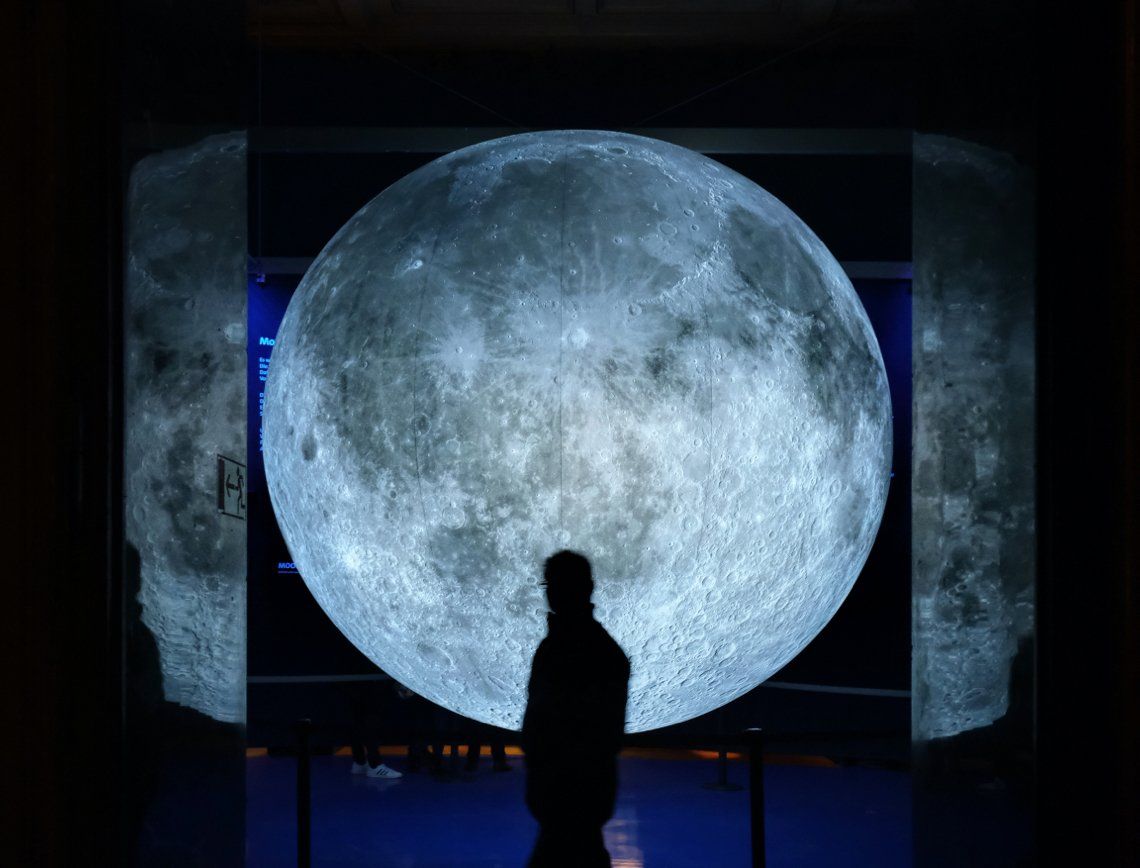
New management models may be needed in new space (image: Pexels)
25 - 29 July, 2022
New leadership models could build a better future in space
As the world enters a new phase of vast possibilities in space, is it reasonable to assume that current models of governance are sufficient to build a peaceful future in space, especially considering the current state of domestic and international relations? Or is a new way of thinking required, a renewed sense of leadership that can provide fresh ideas about how nations can peacefully coexist in space?
Is conflict in space conflict inevitable?
As it stands, international conflict is still contaminating events in space, and the past weeks we have seen China and the US throwing accusation back and forth regrading their intentions.
An article from the Chinese state-owned media outlet Global Times has reiterated their argument that the US are militarising space, and outlined the fact that it was US company Starlink that recently almost caused a collision in orbit with the Chinese space station. Furthermore, they insist that it is China who are currently creating cooperation with other nations in space, and this is backed up by their invitation for international cooperation on their new Tiangong station.
Tiangong could be a key bargaining chip in their quest to form their space alliance, and this week they came closer to completion, with the launch of their second scientific module. The news came in the same week that NASA safety advisors have warned that there could be a gap in operation between when the ISS retires in 2030, and the opening of new stations being built by Blue Origin, Axiom and others.
Furthermore, Russia have seemingly again threatened to abandon operation on the ISS, although this apparently won’t be in 2024, as earlier reported, and they could instead leave as soon as they have their own replacement operational. We must also consider how relations between Russia and China develop, and whether or not Roscosmos will become a key partner on Tiangong.
Disputes are ongoing between the US and China regarding each other’s intentions on the Moon, with NASA’s Bill Nelson recently claiming that China plan to colonising it. Whilst this was denied by China, science writer Kenna Castleberry argued the point this week that the race for the Moon cannot and won’t be about territorial colonisation. Scientific and logistical reasons make it very difficult to appropriate swathes of territory on the lunar surface, and so the true race will be for areas that contain vital resources to sustain life, and later, for mineral extraction. It’s for these reasons that it may be essential to establish new forms of leadership and cooperation, in a realm that is almost completely new to us, and where the challenges have been untested.
As we’ve discussed previously, the OST provides nations with a solid foundation of international law, but is lacking in certain areas, especially relating to resource extraction. Before we adopt the mistakes of the past, we could perhaps looks for renewed leadership in the space sector, and a new way of thinking in regards to issues such resource extraction.

Rocket Lab an example of new leading launch provider (image: Rocket Lab)
Vast opportunities of space leading to exciting growth
Why is the issue of space governance so pressing? As we’ve seen throughout recent years, new space is growing at a rapid pace. The prizes are too high and the resources in space too important, from communications, climate monitoring, medical research and resource mining. In cooperation with bodies such as the UNOOSA, humankind needs to continue with its decades-long quest to retain space for the benefit of all.
Adam Minter writing for the Advisor Perspectives this week noted the importance of competition in the space sector, highlighting the increased number of companies providing launch services, and the drastic reduction in costs to send payloads into space (reduced from $30,000 per kilo in 2011, to $1,200 today on a Falcon-9). Furthermore, according to Forbes, the space sector grew to a new record high last year, valued globally at $469 billion, in terms of global spending.
This all points in the direction of continuing growth, even on the backdrop of a global pandemic, fuel crisis and international tensions. With the commercial sector taking on more responsibility, public agencies can also take on other challenges, such as NASA and their plans to generate nuclear power on the Moon. NASA announced on the 21 July 3 teams that would be working to achieve this, including IX, Westinghouse and Lockheed Martin.
Another growth area, and problem to be solved, is that of mobility on the lunar surface, and this week Hyundai and Kia announced plans to work with the Korean Space Agency to develop mobility solutions for the Moon. Korea, also recently joined the ranks of independent space launch nations, are providing yet more areas of exciting growth opportunities.
Africa is another area of growth in the space sector, with satellite communications provider Avanti announcing plans to increase their presence on the continent, and also Africa Space News highlighting the growth potential in relation to demand for cubesat technology.
Rapid growth and new players in the space sector means that there will be an ever increasing number of stakeholders to consider. New forms of leadership will arise, but what kind can help build new space for all?

New approaches may be needed in relation to lunar resource extraction (image: Pixabay)
Can new leadership build a better future in space?
Whereas space was once led by a few spacefaring nations, new leaders are now emerging. We could look to the new economic superpowers of China or India, emerging space nations such as the UK and Korea, or the increasingly influential private sector and leading companies like SpaceX and Blue Origin, or the growing number of smaller companies and startups. The space sector is becoming more crowded than ever, and this will require systems of management and leadership that can account for more problems that could arise.
China continue to establish themselves as leader in space, and the release of their comprehensive geological lunar map goes to show this. Claiming to be the most detailed to date, the survey highlights different rock types and safe landing zones for future missions. Meanwhile, an article this week from The Space Review highlights the fact that the role of national agencies will be transformed into research and development, whilst launch and operations are handed off to the commercial sector. Could this lead to a situation where leadership responsibilities are assigned to different stakeholders? As different areas of specialism evolve, different management and leadership models could be required.
There’s no doubt that the commercial sector will inevitably have a big say in how space operations are managed in the future. Communications giants OneWeb and Eutelsat have this week announced a merger to create a European megaconstellation to rival Starlink and Amazon’s Kuiper, bringing another leading player to the table.
And we must also consider the increasing number of smaller companies and startups entering the space sector. They will be the engine room of the industry, providing smaller, bespoke launch services, or playing a key role in the supply chain. UK startups have recently insisted that continued government support and investment is going to be vital to their success, but also how can the voices of smaller companies be heard when the sector is becoming populated with much bigger and more influential companies?
Lastly, there is still the ongoing issue of effective management of lunar resources. As mentioned previously, there aren’t universally recognised laws regulating the extraction of prized resources such as Helium-3, which could easily lead to conflict. However, US startup Orbit Fab and trust Breaking Ground may have a solution. Orbit Fab announced plans to purchase a small amount of lunar soil and donate it to the trust. The trust, set up last year, will then use this transfer as an example of new ways and methods to “…manag(e) lunar resources in a way that is sustainable, lawful, and multilateral.” They hope to build a management model that can be replicated, and brings all stakeholders to the table. Whilst internal and external political confrontation continue to cause tensions on Earth, perhaps it could be the vision of trusts and/or companies like this that will forge a new path for leadership and management in space.
Space exploration is going to climb higher on governments list of nation priorities, and issues such as resource extraction threaten to create conflict in space, as it has done on Earth throughout our history. It is going to be vital that we don’t take our Earthly conflicts into space with us, and for this reason, we need to consider new ways of leading and managing our aims, for the benefit of all humankind.
There may be much tension right now, but space does have the power to rebuild relations. The OneWeb-Eutelsat merger this week saw the UK and France put their Brexit differences aside and Russia and the US are still cooperating on the ISS, despite confrontation on Ukraine. Maybe we could take inspiration from these, think outside the box, and look to build a new way of leading our future in space.
Share this article
External Links
This Week
*News articles posted here are not property of ANASDA GmbH and belong to their respected owners. Postings here are external links only.
25 - 29 July 2022
New leadership models could build a better future in space
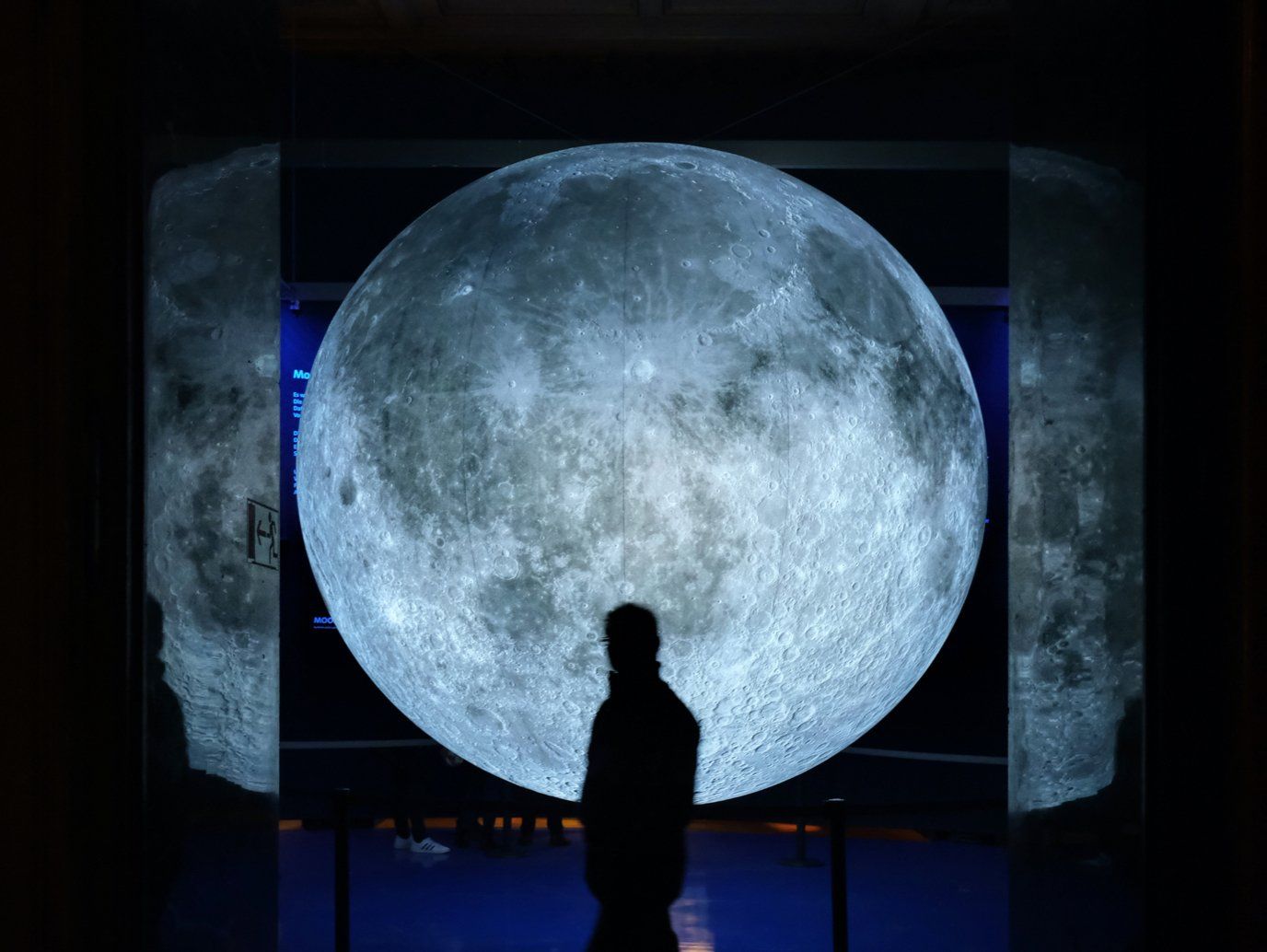
New management models may be needed in new space (image: Pexels)
As the world enters a new phase of vast possibilities in space, is it reasonable to assume that current models of governance are sufficient to build a peaceful future in space, especially considering the current state of domestic and international relations? Or is a new way of thinking required, a renewed sense of leadership that can provide fresh ideas about how nations can peacefully coexist in space?
Is conflict in space conflict inevitable?
As it stands, international conflict is still contaminating events in space, and the past weeks we have seen China and the US throwing accusation back and forth regrading their intentions.
An article from the Chinese state-owned media outlet Global Times has reiterated their argument that the US are militarising space, and outlined the fact that it was US company Starlink that recently almost caused a collision in orbit with the Chinese space station. Furthermore, they insist that it is China who are currently creating cooperation with other nations in space, and this is backed up by their invitation for international cooperation on their new Tiangong station.
Tiangong could be a key bargaining chip in their quest to form their space alliance, and this week they came closer to completion, with the launch of their second scientific module. The news came in the same week that NASA safety advisors have warned that there could be a gap in operation between when the ISS retires in 2030, and the opening of new stations being built by Blue Origin, Axiom and others.
Furthermore, Russia have seemingly again threatened to abandon operation on the ISS, although this apparently won’t be in 2024, as earlier reported, and they could instead leave as soon as they have their own replacement operational. We must also consider how relations between Russia and China develop, and whether or not Roscosmos will become a key partner on Tiangong.
Disputes are ongoing between the US and China regarding each other’s intentions on the Moon, with NASA’s Bill Nelson recently claiming that China plan to colonising it. Whilst this was denied by China, science writer Kenna Castleberry argued the point this week that the race for the Moon cannot and won’t be about territorial colonisation. Scientific and logistical reasons make it very difficult to appropriate swathes of territory on the lunar surface, and so the true race will be for areas that contain vital resources to sustain life, and later, for mineral extraction. It’s for these reasons that it may be essential to establish new forms of leadership and cooperation, in a realm that is almost completely new to us, and where the challenges have been untested.
As we’ve discussed previously, the OST provides nations with a solid foundation of international law, but is lacking in certain areas, especially relating to resource extraction. Before we adopt the mistakes of the past, we could perhaps looks for renewed leadership in the space sector, and a new way of thinking in regards to issues such resource extraction.
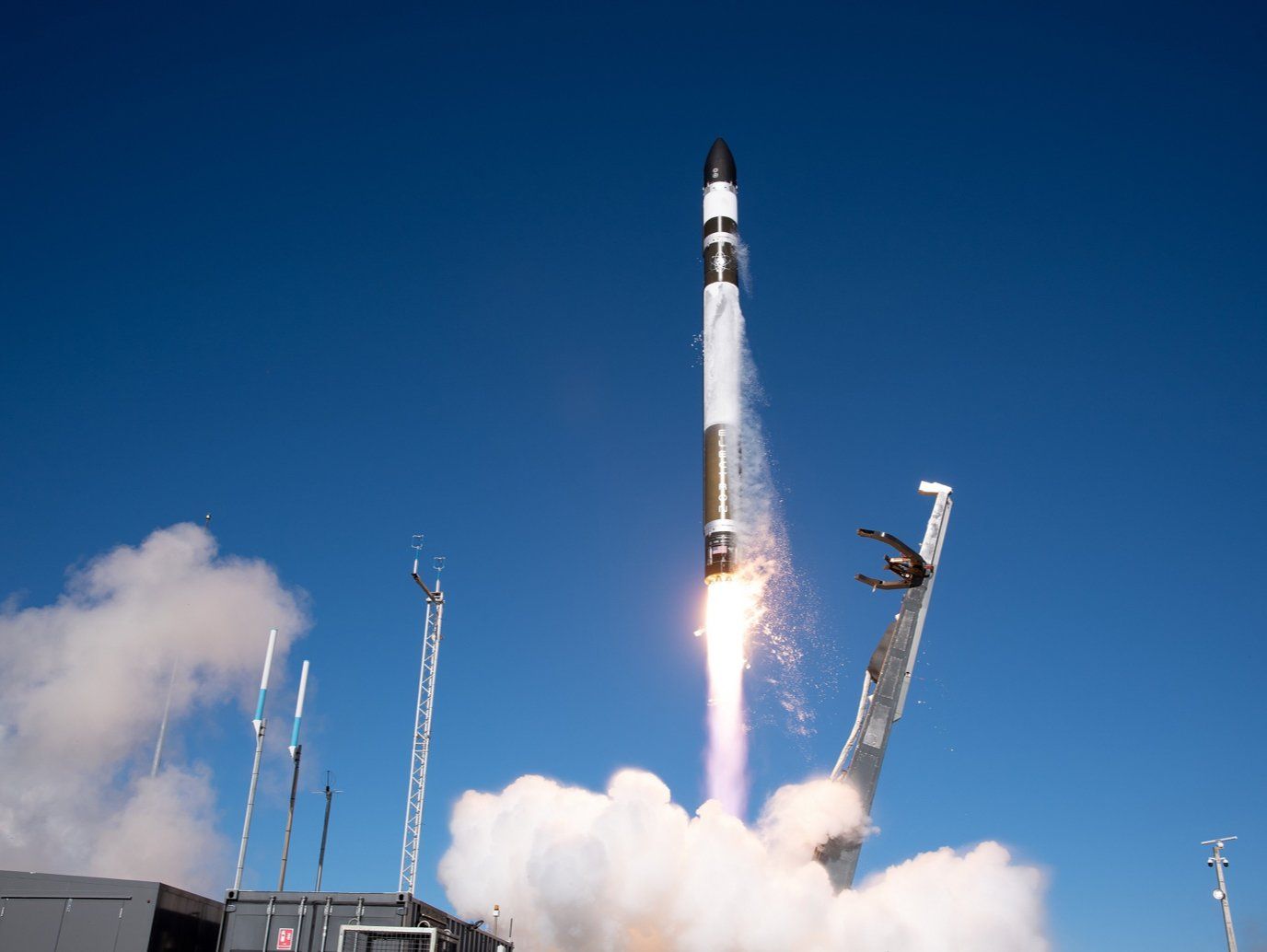
Rocket Lab an example of new leading launch provider (image: Rocket Lab)
Vast opportunities of space leading to exciting commercial growth
Why is the issue of space governance so pressing? As we’ve seen throughout recent years, new space is growing at a rapid pace. The prizes are too high and the resources in space too important, from communications, climate monitoring, medical research and resource mining. In cooperation with bodies such as the UNOOSA, humankind needs to continue with its decades-long quest to retain space for the benefit of all.
Adam Minter writing for the Advisor Perspectives this week noted the importance of competition in the space sector, highlighting the increased number of companies providing launch services, and the drastic reduction in costs to send payloads into space (reduced from $30,000 per kilo in 2011, to $1,200 today on a Falcon-9). Furthermore, according to Forbes, the space sector grew to a new record high last year, valued globally at $469 billion, in terms of global spending.
This all points in the direction of continuing growth, even on the backdrop of a global pandemic, fuel crisis and international tensions. With the commercial sector taking on more responsibility, public agencies can also take on other challenges, such as NASA and their plans to generate nuclear power on the Moon. NASA announced on the 21 July 3 teams that would be working to achieve this, including IX, Westinghouse and Lockheed Martin.
Another growth area, and problem to be solved, is that of mobility on the lunar surface, and this week Hyundai and Kia announced plans to work with the Korean Space Agency to develop mobility solutions for the Moon. Korea, also recently joined the ranks of independent space launch nations, are providing yet more areas of exciting growth opportunities.
Africa is another area of growth in the space sector, with satellite communications provider Avanti announcing plans to increase their presence on the continent, and also Africa Space News highlighting the growth potential in relation to demand for cubesat technology.
Rapid growth and new players in the space sector means that there will be an ever increasing number of stakeholders to consider. New forms of leadership will arise, but what kind can help build new space for all?

New approaches may be needed in relation to lunar resource extraction (image: Pixabay)
Can new leadership build a better future in space?
Whereas space was once led by a few spacefaring nations, new leaders are now emerging. We could look to the new economic superpowers of China or India, emerging space nations such as the UK and Korea, or the increasingly influential private sector and leading companies like SpaceX and Blue Origin, or the growing number of smaller companies and startups. The space sector is becoming more crowded than ever, and this will require systems of management and leadership that can account for more problems that could arise.
China continue to establish themselves as leader in space, and the release of their comprehensive geological lunar map goes to show this. Claiming to be the most detailed to date, the survey highlights different rock types and safe landing zones for future missions. Meanwhile, an article this week from The Space Review highlights the fact that the role of national agencies will be transformed into research and development, whilst launch and operations are handed off to the commercial sector. Could this lead to a situation where leadership responsibilities are assigned to different stakeholders? As different areas of specialism evolve, different management and leadership models could be required.
There’s no doubt that the commercial sector will inevitably have a big say in how space operations are managed in the future. Communications giants OneWeb and Eutelsat have this week announced a merger to create a European megaconstellation to rival Starlink and Amazon’s Kuiper, bringing another leading player to the table.
And we must also consider the increasing number of smaller companies and startups entering the space sector. They will be the engine room of the industry, providing smaller, bespoke launch services, or playing a key role in the supply chain. UK startups have recently insisted that continued government support and investment is going to be vital to their success, but also how can the voices of smaller companies be heard when the sector is becoming populated with much bigger and more influential companies?
Lastly, there is still the ongoing issue of effective management of lunar resources. As mentioned previously, there aren’t universally recognised laws regulating the extraction of prized resources such as Helium-3, which could easily lead to conflict. However, US startup Orbit Fab and trust Breaking Ground may have a solution. Orbit Fab announced plans to purchase a small amount of lunar soil and donate it to the trust. The trust, set up last year, will then use this transfer as an example of new ways and methods to “…manag(e) lunar resources in a way that is sustainable, lawful, and multilateral.” They hope to build a management model that can be replicated, and brings all stakeholders to the table. Whilst internal and external political confrontation continue to cause tensions on Earth, perhaps it could be the vision of trusts and/or companies like this that will forge a new path for leadership and management in space.
Space exploration is going to climb higher on governments list of nation priorities, and issues such as resource extraction threaten to create conflict in space, as it has done on Earth throughout our history. It is going to be vital that we don’t take our Earthly conflicts into space with us, and for this reason, we need to consider new ways of leading and managing our aims, for the benefit of all humankind.
There may be much tension right now, but space does have the power to rebuild relations. The OneWeb-Eutelsat merger this week saw the UK and France put their Brexit differences aside and Russia and the US are still cooperating on the ISS, despite confrontation on Ukraine. Maybe we could take inspiration from these, think outside the box, and look to build a new way of leading our future in space.
Share this article
External Links
This Week
*News articles posted here are not property of ANASDA GmbH and belong to their respected owners. Postings here are external links only.


















